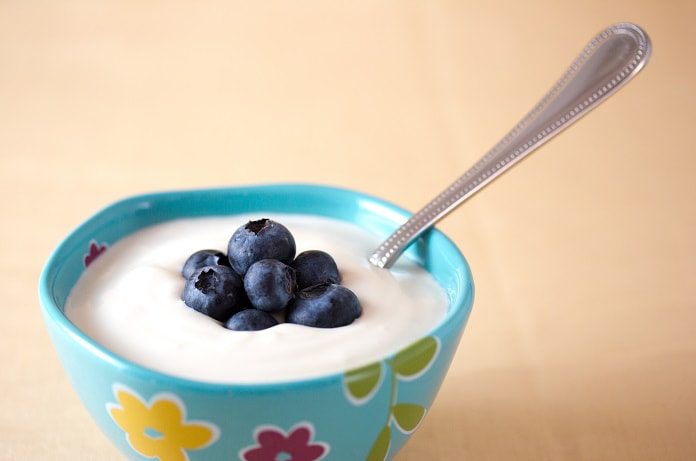Evidence suggests that probiotics influence many systems in our bodies and prevent certain diseases. A recent study examined the effect of Lactobacillus probiotic strains on liver injury in lupus-prone mice, demonstrating that gut bacteria plays an important role in autoimmune diseases.
Probiotic is a term that describes helpful bacteria, which are normally found in human bodies. The most abundant source of probiotics in our bodies is in our gut, or intestines, where they help with digestion and processing of certain nutrients. Researchers have shown that gut bacteria can affect a range of diseases and bodily functions, such as depression, anxiety, our immune system, and even certain aspects of memory. Since our gut bacteria can have such wide-ranging effects, many groups are currently studying how we can alter the composition of gut bacteria to our advantage. Probiotics can be found in certain foods like yogurt and also in ingestible supplements. Clinical trial data suggests that supplements containing certain strains of bacteria have beneficial effects. However, a number of the many bacterial strains in our intestines have not been thoroughly studied. A recent report published in the British Journal of Nutrition assessed the effects of two different probiotics on lupus-prone mice.
Lupus-prone mice were fed a normal diet or a diet that contained one of two probiotic strains of used as intervention: Lactobacillus paracasei or Lactobacillus reuteri. The initial experiments showed that these two probiotics reduced characteristic liver damage that occurs as mice develop lupus. Additionally, researchers saw fewer immune cells and reduced inflammation of the liver in mice fed diets that contain probiotics. Lastly, they reinforced the previous result by examining the molecular pathways that cause liver damage as a result of lupus. They observed that in the livers of probiotic-fed mice, there was less activation of pathways that induce liver damage.
This study was the first to discover that treatment with Lactobacillus paracasei or Lactobacillus reuteri reduces liver damage and inflammation in lupus-prone mice. This has further implications in other immune disease models, since these probiotics may reduce inflammation on a broader scale. Additionally, this study provides a rationale to test the two strains of bacteria in a clinical trial to determine whether they have a positive effect on patients who are diagnosed with lupus or at a high-risk of developing lupus. The study of gut microbes and their effects on the human body is vastly expanding, providing insights into the crucial roles they play. As we expand our understanding of how bacteria influence the systems of the body, we open up the possibility of discovering novel therapeutic strategies for various disease states, particularly those of autoimmune origin.
Written By: Branson Chen, BHSc



